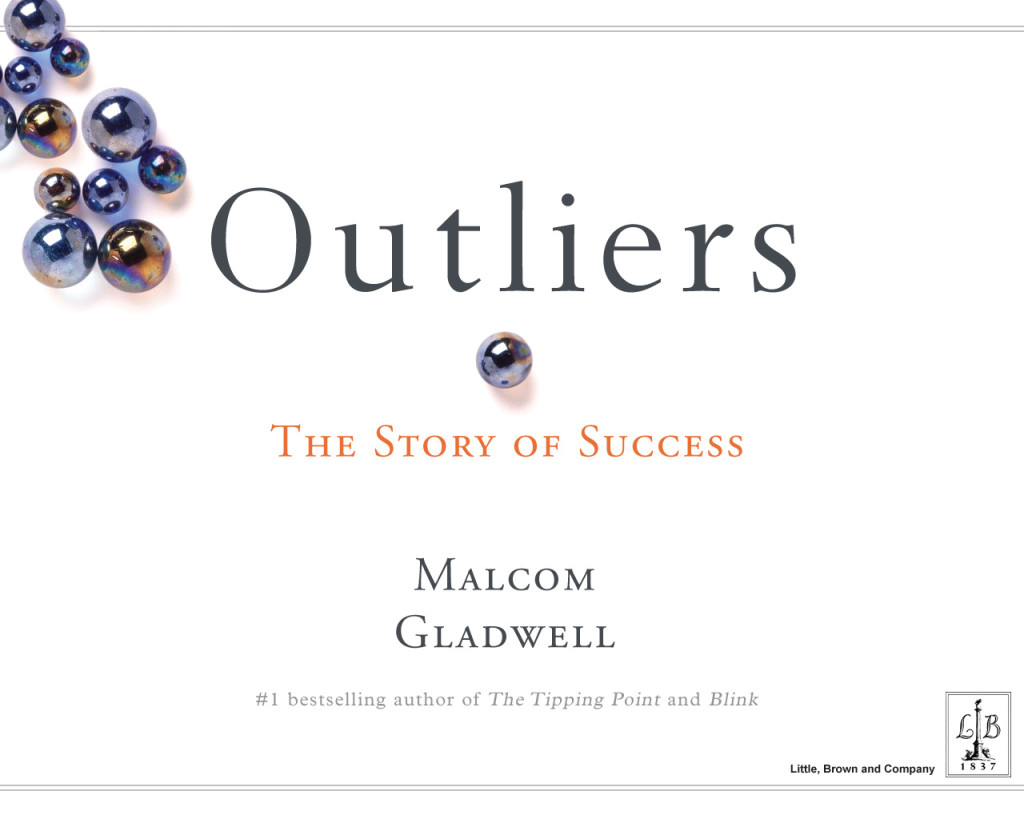Ever wondered why some people seem to have it all made while others simply drift by?
What is the difference between successful CEOs, political and religious leaders, and the rest of us who may lead more mundane and ordinary lives?
The secret, according to motivational speaker and author Brian Tracy, is that successful people run their lives according to the principles of self-discipline.








